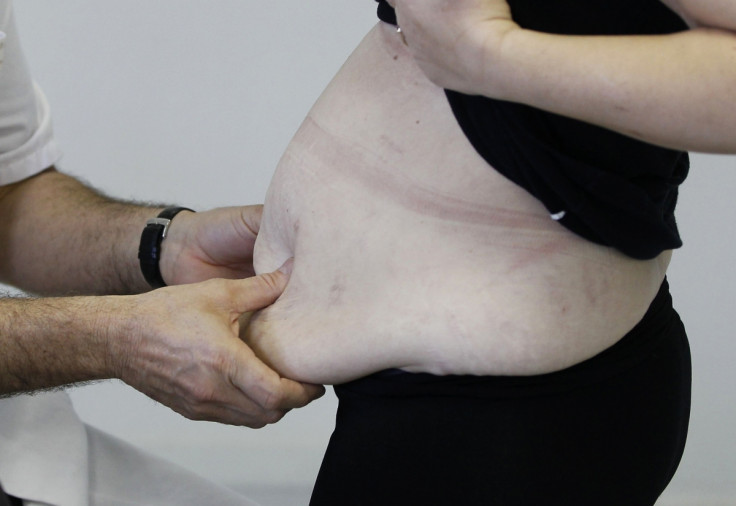OECD: Economic Crisis Makes People Fatter

Everybody knows ramming too much fried food and cake down your gullet makes you fat, but the OECD is now linking economic crisis in developed countries to rising obesity.
Several studies of its member countries were analysed by the OECD. The research showed that in some countries financial crisis triggered a reduction in spending on fruit and vegetables, an increase in the calories of the food purchased, and that families in economic distress are a fifth more likely to become obese.
"In 2008, the world economy entered one of the most severe crises ever," said the OECD in its June obesity report.
"Many families, especially in the hardest hit countries, have been forced to cut their food expenditures, and tighter food budgets have provided incentives for consumers to switch to lower-priced and less healthy foods.
"In summary, the evidence of a possible impact of the economic crisis on obesity points rather consistently to a likely increase in body weight and obesity."
Most people in the 34 OECD countries are at least overweight. One in five children are classified as overweight or obese.
The financial crisis in 2008 led to falling incomes and rising unemployment across developed economies.
Junk food is often cheaper than healthier alternatives, leaving many with little choice but to eat more unhealthily than they might have if they were better off.
But the economy is just one factor contributing to the obesity epidemic in some parts of the world.
Health campaigners in the UK are trying to get the government to force food producers to use less sugar, which they claim is addictive and one of the key drivers of obesity.
And others are calling for a tax on fatty foods to help fund the health costs to the public purse of addressing society's weight problems.
Critics accuse such campaigners of liberty-infringing paternalism and that it is the poorest who will end up paying the price of more expensive junk food.
© Copyright IBTimes 2025. All rights reserved.






















